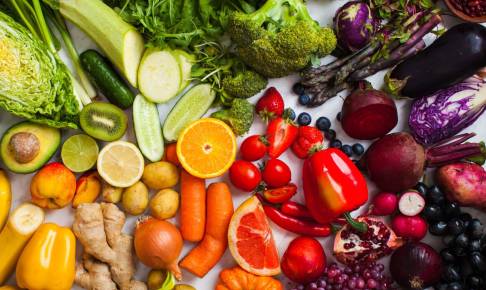Glyphosate: EU Commission proposes to renew the authorization for 10 years
The European Commission has sparked controversy by proposing a 10-year extension for the use of glyphosate, a prominent ingredient in many herbicides. This decision is under fire due to the increasing body of research suggesting the substance's genotoxic, neurotoxic, and environmental detrimental effects, and its categorization as "probably carcinogenic" to humans by the International Agency for Research on Cancer (IARC) in 2015.
Glyphosate, a key element in many weed killers, has been the subject of intense debate since it was last granted a 5-year license in 2017, a deviation from the standard 15-year period, following a contentious scientific and political dispute. The authorization for glyphosate usage in the EU was initially set to expire in December 2022 but received a temporary extension while evaluations by the European Food Safety Authority (EFSA) and the European Chemicals Agency (ECHA) were pending. The current permit is due to expire on December 15.
The proposed renewal, which was submitted to member states and published in the comitology document register, is scheduled for voting on October 13. The proposal will require the approval of a qualified majority of member states, defined as 65% of EU countries representing at least 55% of the population.
The proposal outlines several conditions, including:
• Prohibitions on crop desiccation, a standard practice among large cereal producers
• Creation of buffer zones of at least 5-10 meters in fields to limit environmental dispersion
• Encouragement to reduce or altogether ban the use of glyphosate-containing pesticides in public parks and gardens
Decisions regarding other pre-harvest uses are left to the discretion of individual member states, as long as they align with good practice.
However, the Commission's decision has been met with mixed reactions. An EU official disclosed that up to 17 member states have raised technical concerns about the decision. Some countries, such as France and Luxembourg, have previously considered imposing restrictions on glyphosate-based products.
Numerous non-governmental organizations (NGOs) have urged the Commission to ban the herbicide, citing potential risks to human health, biodiversity, and agriculture.
The Pesticide Action Network (PAN) accused the European Commission of rushing the glyphosate license renewal process to avoid public debate.
Angeliki Lysimachou, Head of Science and Policy at PAN Europe, pointed out that, according to recent IPSOS polling in six EU countries, only 14% of citizens agree with prolonged use of glyphosate.
Greenpeace also pointed to a new report by Générations Futures, which alleges that EFSA and ECHA did not consider several scientific studies on glyphosate's harmful effects in their assessments. The Belgian Higher Health Council's Scientific Advisory Report of 2020, which argues for sufficient evidence to ban the herbicide, was also cited.
Sources:






















